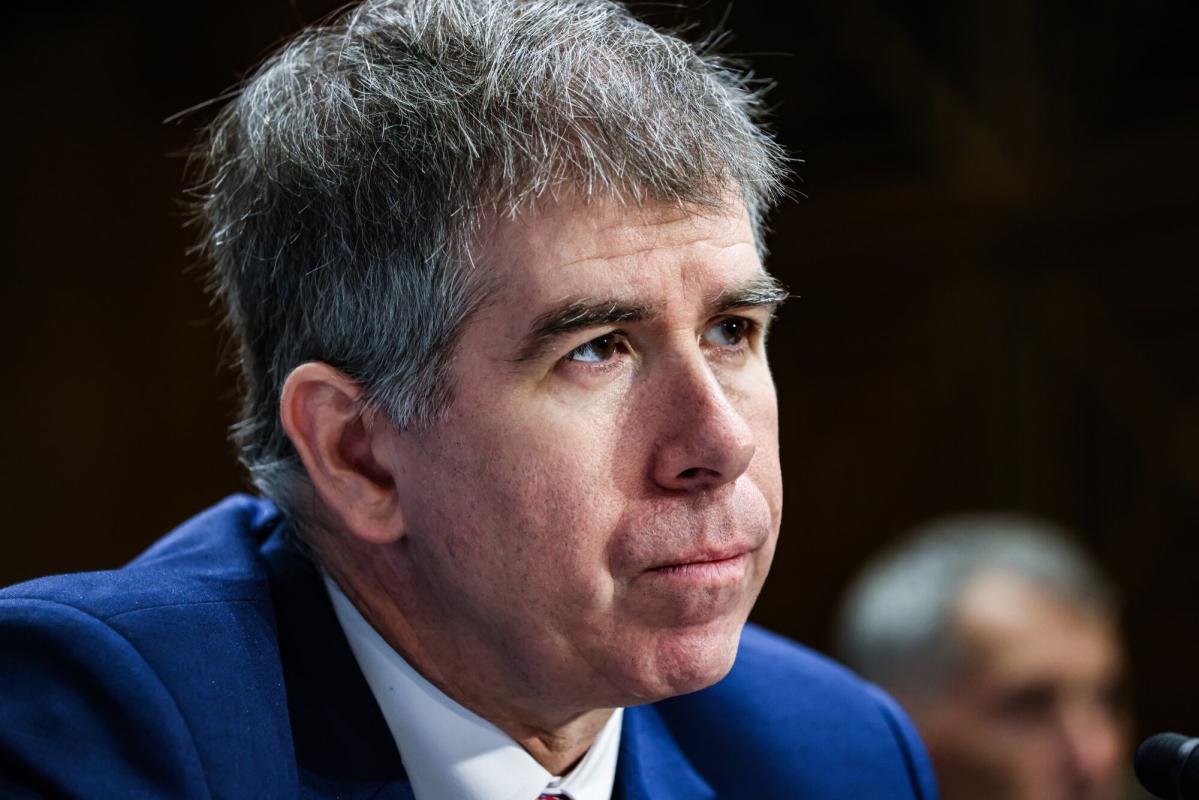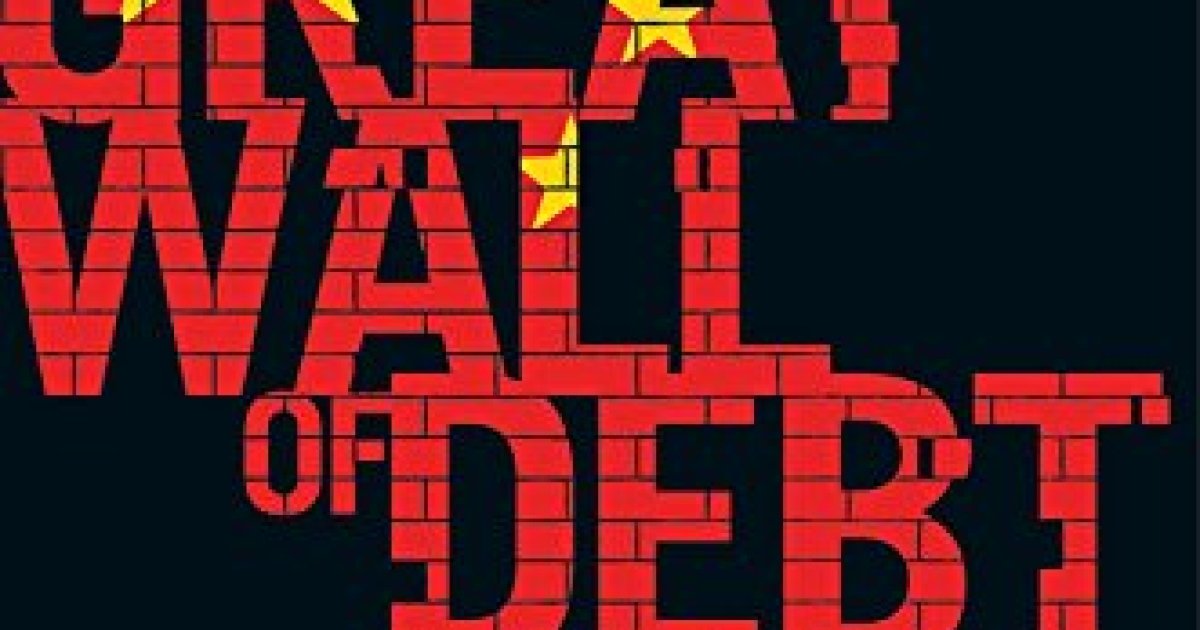- Sep 19, 2011
- 28,438
- 10,028
- 900
The world’s largest creditors should take coordinated and decisive action to address the “generational challenge” of poorer nations struggling with unmanageable debt burdens, a top US Treasury official said, aiming specific criticism at China, the biggest lender to emerging markets.

 finance.yahoo.com
finance.yahoo.com
In 1938, during its conflict with Japan, the ROC defaulted on its sovereign debt. After the military victory of the communists, the ROC government fled to Taiwan. The People’s Republic of China was eventually recognized internationally as the successor government of China. Under well-established international law, the “successor government” doctrine holds that the current government of China, led by the Chinese Communist Party, is responsible for repayment of the defaulted bonds.
A private group of American citizens holds a large quantity of these gold-denominated bonds. This citizen-led group, the American Bondholders Foundation (ABF), serves as trustee with power of attorney for some 20,000 bondholders, whose bonds are valued at well more than $1 trillion.
Great Britain had China pay back... BUT did the USA???
Then-U.K. Prime Minister Margaret Thatcher’s tough negotiation stance on the return of Hong Kong to China led to a British settlement agreement on these same Chinese bonds in 1987. Thatcher said that for China to have access to U.K. capital markets, it had to honor the defaulted Chinese sovereign debt held by British subjects. Faced with that stark choice, China agreed.
BUT WHAT ABOUT USA ???
Unfortunately, the U.S. failed to take such a common-sense stance.
To this day, China has had access to U.S. capital markets while openly rejecting its sovereign debt obligations(Plus $1 Trillion!) to American bondholders.
Lest anyone wonder about the age of these bonds, it is irrelevant. What matters is that this is a sovereign obligation. As recently as 2010, the German government made its last payment for reparations from World War I. In 2015 Great Britain made payments on bonds issuances that dated from the 18th century.
The Biden administration and the U.S. Congress have a unique opportunity to enforce the well-established international rule that governments must honor their debts. Like the U.K. did in 1987, the U.S. must view the repayment of China’s sovereign debt as essential to its national security interests.
In doing so, the U.S. government should undertake one or both of two actions currently being discussed by members of Congress.

 thehill.com
thehill.com

US Urges Action on ‘Generational’ Debt Risks, Call Out China
(Bloomberg) -- The world’s largest creditors should take coordinated and decisive action to address the “generational challenge” of poorer nations struggling with unmanageable debt burdens, a top US Treasury official said, aiming specific criticism at China, the biggest lender to emerging...
In 1938, during its conflict with Japan, the ROC defaulted on its sovereign debt. After the military victory of the communists, the ROC government fled to Taiwan. The People’s Republic of China was eventually recognized internationally as the successor government of China. Under well-established international law, the “successor government” doctrine holds that the current government of China, led by the Chinese Communist Party, is responsible for repayment of the defaulted bonds.
A private group of American citizens holds a large quantity of these gold-denominated bonds. This citizen-led group, the American Bondholders Foundation (ABF), serves as trustee with power of attorney for some 20,000 bondholders, whose bonds are valued at well more than $1 trillion.
Great Britain had China pay back... BUT did the USA???
Then-U.K. Prime Minister Margaret Thatcher’s tough negotiation stance on the return of Hong Kong to China led to a British settlement agreement on these same Chinese bonds in 1987. Thatcher said that for China to have access to U.K. capital markets, it had to honor the defaulted Chinese sovereign debt held by British subjects. Faced with that stark choice, China agreed.
BUT WHAT ABOUT USA ???
Unfortunately, the U.S. failed to take such a common-sense stance.
To this day, China has had access to U.S. capital markets while openly rejecting its sovereign debt obligations(Plus $1 Trillion!) to American bondholders.
Lest anyone wonder about the age of these bonds, it is irrelevant. What matters is that this is a sovereign obligation. As recently as 2010, the German government made its last payment for reparations from World War I. In 2015 Great Britain made payments on bonds issuances that dated from the 18th century.
The Biden administration and the U.S. Congress have a unique opportunity to enforce the well-established international rule that governments must honor their debts. Like the U.K. did in 1987, the U.S. must view the repayment of China’s sovereign debt as essential to its national security interests.
In doing so, the U.S. government should undertake one or both of two actions currently being discussed by members of Congress.

China is in default on a trillion dollars in debt to US bondholders. Will the US force repayment?
Now that the relationship with China has soured and the People’s Republic of China has become the greatest adversarial threat to the U.S. and Western security, policymakers should revisit thi…





